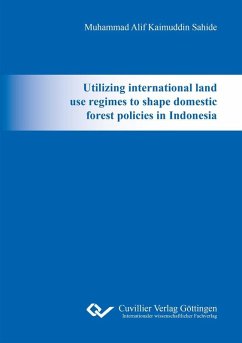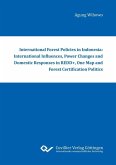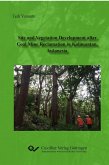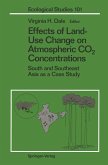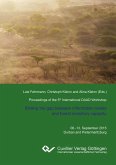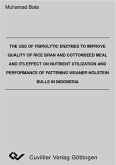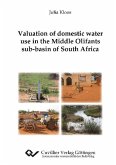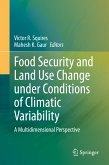Being organized into five chapters, this research detects the utilization of global and regional land use regimes by national bureaucracies. This research identifies domestic political background on utilizing international regimes within specific Indonesian land use change settings, a topic which has to date been neglected in this research field, with a few exceptions. Subsequently, the research poses several sub-questions to break down the main research question, which are as follows:
1. What are the bureaucracies and their tasks as well as their legal options to pursue actual and potential interests in steering land use transformation systems in Indonesia?
2. How did the domestic bureaucracy, together with international actors, use and adapt national instruments and international support to pursue their own (international and domestic) interests in several cases of land use transformation in Indonesia, such as (a) certification of palm oil and (b) Forest Management Units (FMU) and community forestry (CF)?
3. How did the domestic bureaucracy utilize the Association of Southeast Asian Nations’ (ASEAN) regional forest and environmental regime complex?
4. How is the relevance of international and regional regimes used in domestic bureaucratic politics?
Dieser Download kann aus rechtlichen Gründen nur mit Rechnungsadresse in A, B, BG, CY, CZ, D, DK, EW, E, FIN, F, GR, HR, H, IRL, I, LT, L, LR, M, NL, PL, P, R, S, SLO, SK ausgeliefert werden.

